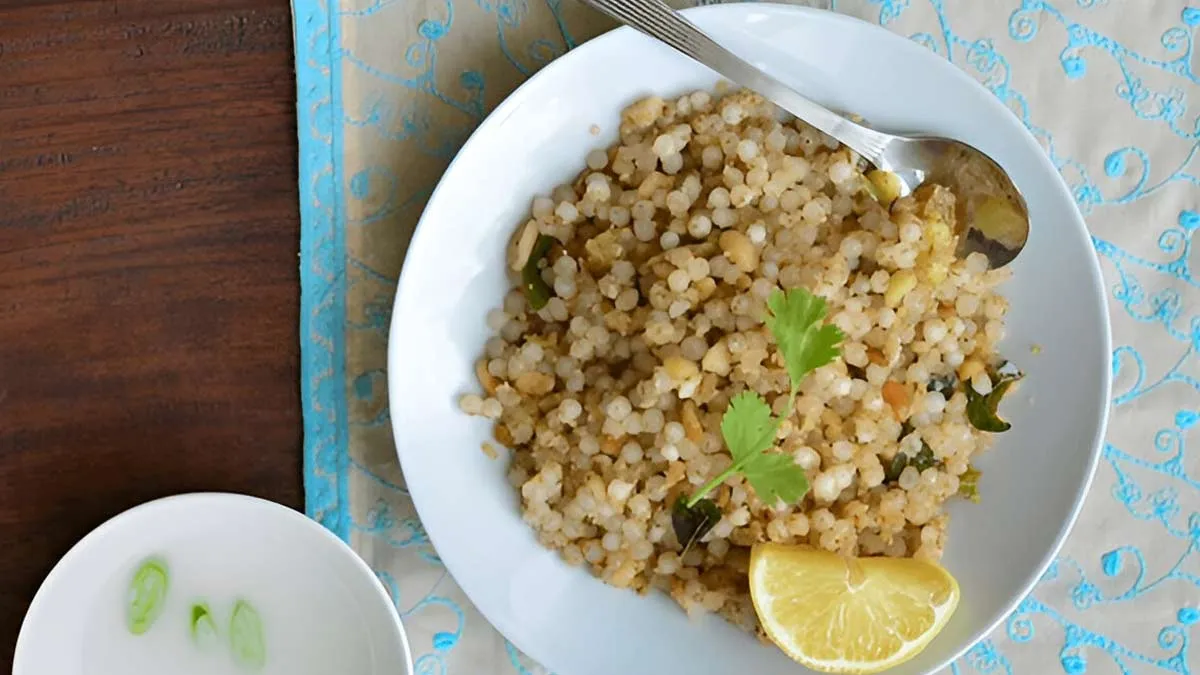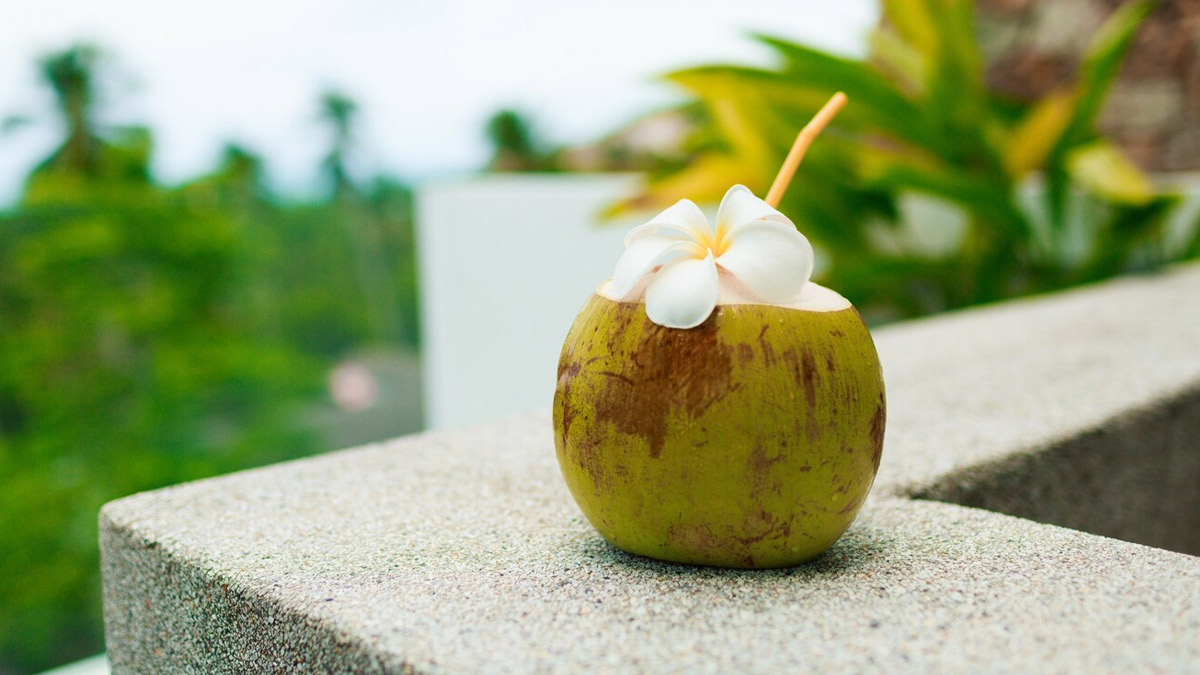
Sawan is considered a favourable time to keep fasts and practice spiritual discipline in India. Although most people follow fasts during this time, it is also important to note that there are various health consequences, particularly for individuals suffering from diabetes and women, who suffer from nutritional deficits.
Table of Content:-
People often rely on foods, such as fruits, dairy products, and sabudana. This dietary pattern can present health concerns if it is not planned wisely. Fasting during sawan usually involves abstaining from grains, meat, onions, and garlic.
For individuals managing chronic health conditions like diabetes, or women undergoing physiological shifts during menstruation, pregnancy, breastfeeding, or struggling with conditions like anaemia or PCOS, fasting can pose certain risks if not done mindfully. We spoke to Dr Archana Batra, Dietician and Certified Diabetes Educator, Gurugram, who shared health considerations for diabetics and women.
Fasting and Diabetes: Managing Sugar Levels During Religious Fasts

"For someone with Type 1 or Type 2 diabetes, fasting means finding a delicate balance between physiology and faith. Missing meals or consuming irregular amounts of foods that are high in carbohydrates, such as bananas, potatoes, or fried foods, will make the blood sugar levels fluctuate wildly, either too low (hypoglycemia) or too high (hyperglycemia)," said Dr Batra.
Diabetics should never fast under any circumstances without consulting a physician. Fasting may result in either hypoglycemia or hyperglycemia, depending on the nature of the food taken. One should check blood sugar levels often and also modify medications accordingly.
She added, "Choosing foods low on the glycemic index can make a big difference. Instead of fried sabudana vadas or sweet lassi, go for roasted makhana, yoghurt with nuts, or boiled sweet potatoes in moderation. These choices offer energy without causing a sugar spike."
People on insulin or glucose-lowering medication should pay extra attention to meal timing and hydration, and never skip suhoor or the early meal, if following a day-long fast.
Also Read: Can Intermittent Fasting Help Ease Acid Reflux Symptoms? Here's What A Gastroenterologist Has To Say
What Are Nutritional Considerations For Women Fasting In Sawan?

"For women, fasting in sawan can be even more complicated. Hormonal changes, iron levels, and the nutritional needs of the body change dramatically based on life stage and health status. From menstruation and pregnancy to Polycystic Ovary Syndrome (PCOS) or anaemia, the female body tends to need constant nourishment and water intake," shared Dr Batra.
"Women who are pregnant, breastfeeding, or menstruating must listen to their bodies," cautioned Dr Batra. Fasting can lead to fatigue, mood swings, and in some cases, worsen hormonal imbalances. If there are symptoms like dizziness or nausea, it’s a sign to either stop fasting or opt for a partial fast.
Dr Batra recommends including iron-rich and protein-rich foods, even during fasting. You can consume milk-based smoothies, paneer preparations, fruit chaat with soaked nuts, or dates and coconut water for natural energy and hydration. Staying well-hydrated is especially critical, as dehydration can exacerbate fatigue and hormonal symptoms.
“Women with anaemia should be particularly cautious, as fasting without adequate iron intake can cause weakness and irritability. You can adapt your fasting plan, perhaps eat one nourishing meal instead of completely abstaining,” added Dr Batra.
Also Read: Can Fasting Twice A Week Be The Key To Living Longer? Here's What You Should Know
Tips for a Safer Fast During Sawan
Here are a few simple but effective guidelines for a healthier fasting experience:

- Steer clear of deep-fried foods and foods high in sugar, particularly if you have diabetes or PCOS.
- Maintain electrolyte levels with beverages, such as lemon water, coconut water, or buttermilk with rock salt.
- If you're excessively weak, dizzy, or cranky, it's fine to break your fast.
- Even if you’re fasting partially, sip water throughout the day to avoid fatigue and dehydration.
Bottomline
Dr Batra concluded, "Fasting during sawan can be beneficial for metabolic health. But people with diabetes and women should be extra cautious, as they have nutritional vulnerabilities. Fasting may not fit all. It should be done based on various factors, such as health condition, age, and lifestyle."
[Disclaimer: This article contains information provided by an expert and is for informational purposes only. Hence, we advise you to consult your professional if you are dealing with any health issue to avoid complications.]
How we keep this article up to date:
We work with experts and keep a close eye on the latest in health and wellness. Whenever there is a new research or helpful information, we update our articles with accurate and useful advice.
Current Version
Jul 17, 2025 13:27 IST
Published By : Chanchal Sengar